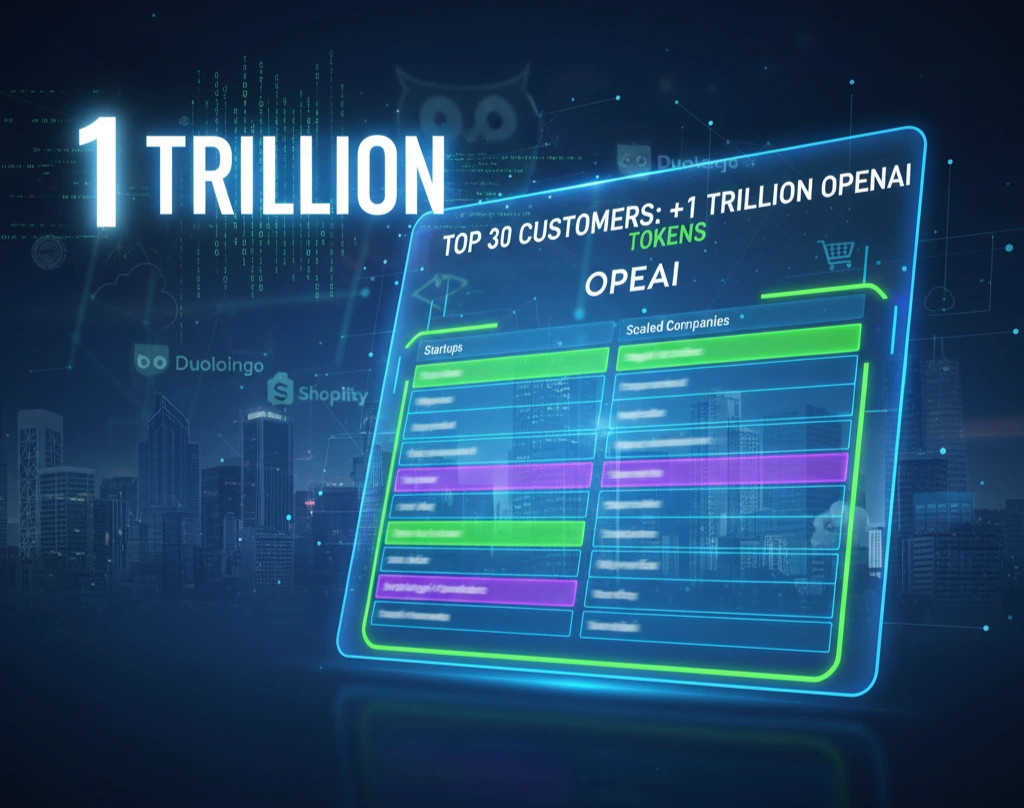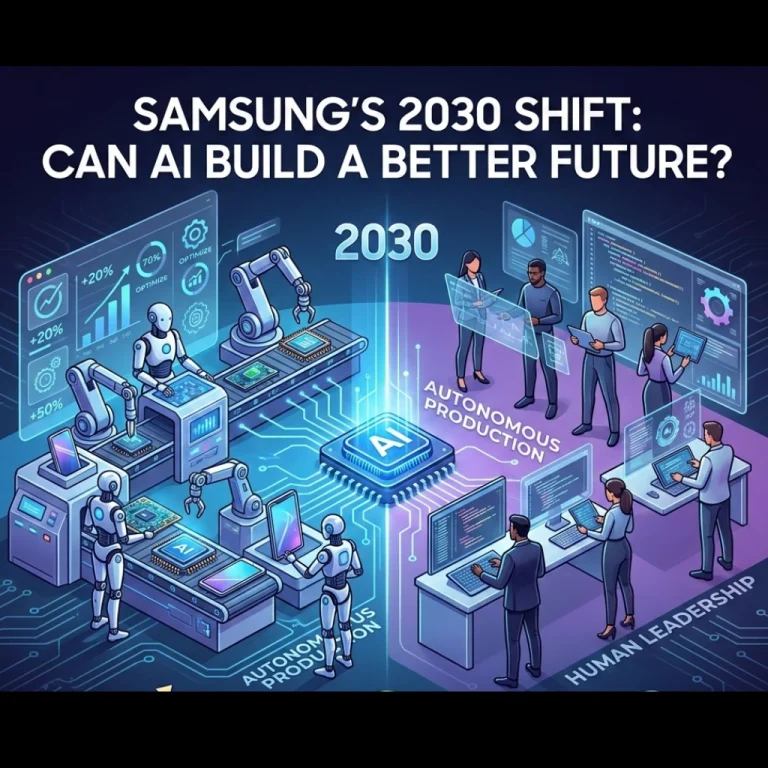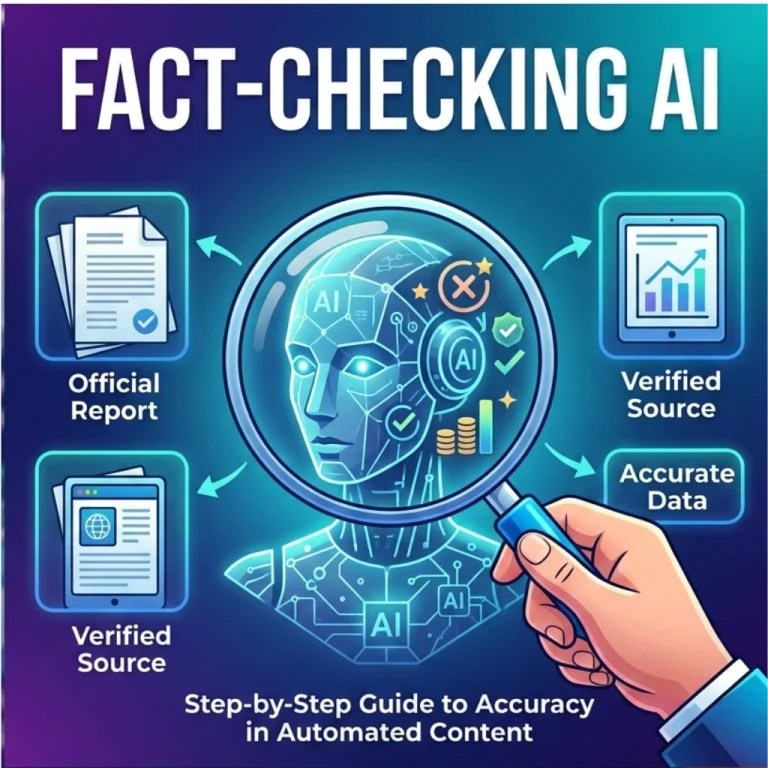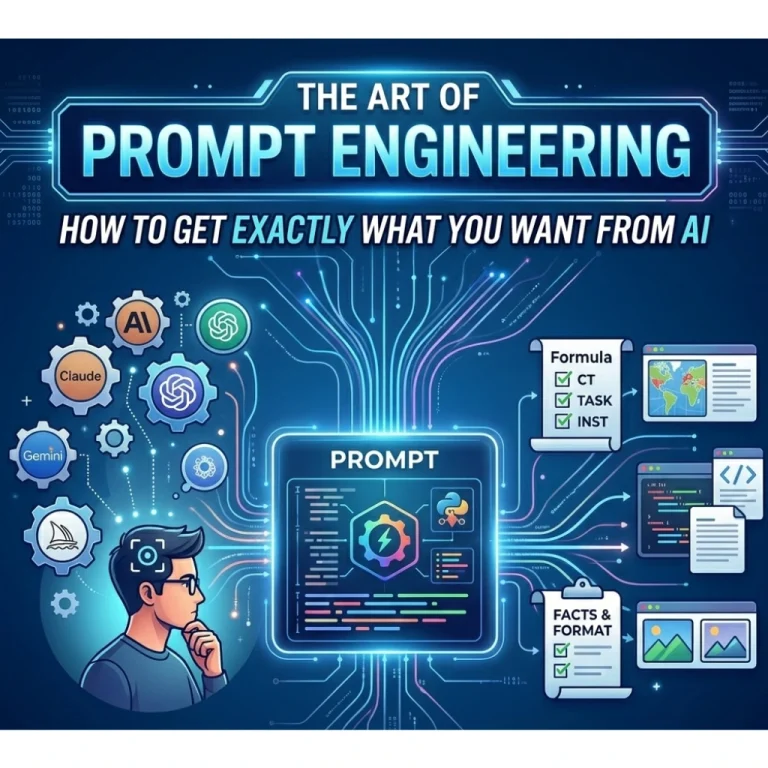
OpenAI has reportedly released a list spotlighting its Top 30 customers who have utilized more than 1 trillion tokens, offering a glimpse into the major players driving the enterprise adoption of its powerful Large Language Models (LLMs) like GPT-4. This data reveals an interesting mix of established industry giants and burgeoning, high-growth startups leveraging OpenAI’s technology for critical business functions.
Read more about how OpenAI’s Agent Builder simplifies building intelligent AI agents with a visual, no-code workflow platform to automate complex tasks at OpenAI Agent Builder.
Industry Leaders and High-Growth Startups Dominating Token Consumption
The list underscores the rapid and extensive integration of advanced AI across diverse sectors, including e-commerce, software development, AI platforms, marketing, and education. The companies featured are using vast quantities of tokens, indicating deep reliance on OpenAI’s APIs for product development, internal tooling, and enhancing customer experiences.
Key Highlights from the List
- Diverse Representation: The top customers include prominent names like Duolingo, Indeed, Salesforce, Shopify, Notion, T-Mobile, Zendesk, Canva, Datadog, and Mercado Libre, demonstrating the widespread applicability of OpenAI’s models.
- Startup Momentum: A significant number of startups (highlighted in green in the original data) appear on the list, suggesting that smaller, agile companies are quickly scaling their AI usage to gain a competitive edge. This includes firms like OpenRouter, CodeRabbit, iSolutionsAI, Outtake, Ramp, Perplexity, and Genspark AI.
- Scaled Companies: Established, or “Scaled,” companies (highlighted in purple) are also heavy users, validating the role of OpenAI’s technology in enhancing operations for market leaders. This category features companies such as Salesforce, Shopify, Notion, T-Mobile, Canva, and Datadog.
- Roles and Influence: The individuals listed often hold high-level positions such as CEO, Co-founder, VP of AI/Engineering, or are key figures in AI Leadership or Product Management, confirming that AI strategy is a top-tier corporate priority.
Understanding the Significance of 1T+ Tokens
In the context of LLMs, tokens are the fundamental units of text processing; they can be words, parts of words, or characters. Consuming over 1 trillion tokens signifies a massive volume of computational work, involving billions of input prompts and generated responses. This level of usage translates into substantial investment in AI integration and a strong signal of the real-world value derived from OpenAI’s platforms.
The Top 30 OpenAI Customers by Token Usage (1T+ Tokens)
Below is the complete list of the top 30 OpenAI customers, detailing the representative name, company, and role, based on the usage of over 1 Trillion tokens:
| Number | Name | Company | Role | Company Type |
|---|---|---|---|---|
| 1 | Isaac Andersen | Duolingo | Senior SWE | Startup |
| 2 | Alex Atallah | OpenRouter | CEO and CoFounder | Startup |
| 3 | Chris Colon | Indeed | Director, AI Platforms | Scaled Company |
| 4 | John Emmons | Salesforce | AI Leadership | Scaled Company |
| 5 | Harjot Gill | CodeRabbit | CEO and CoFounder | Startup |
| 6 | Cris Ippolitei | SolutionsAI | CEO and Director of AI | Startup |
| 7 | Jiahui Jiang | Outtake | Engineering | Startup |
| 8 | Mahesh Kumar | Tiger Analytics | CEO and CoFounder | Startup |
| 9 | Calvin Lee | Ramp | Founding Engineer | Startup |
| 10 | Zachary Lipton | Abridge | Co-founder & CTO | Startup |
| 11 | Joel Liu | Sider AI | Founder | Startup |
| 12 | Zach Lloyd | Warp.dev | Founder & CEO | Startup |
| 13 | Dani Passos | Shopify | Developer/creator relations | Scaled Company |
| 14 | Sarah Sachs | Notion | AI Lead / AI Engineering | Scaled Company |
| 15 | Douglas Schonholtz | WHOOP | Senior AI Engineer | Startup |
| 16 | Praty Sharma | HubSpot / Dashworks | AI / CoFounder | Startup |
| 17 | Denis Shiryaev | JetBrains | Group Product Manager | Scaled Company |
| 18 | Sam Spelsberg | Delphi | Co-founder & CTO | Startup |
| 19 | Ashwin Sreenivas | Decagon | Co-founder | Startup |
| 20 | Shriram Sridharan | Rox | Co-founder | Startup |
| 21 | Nandan Thor | T-Mobile | VP of AI, Product & Engineering | Scaled Company |
| 22 | Shashi Upadhyay | Zendesk | President, Product/Engineering/AI | Scaled Company |
| 23 | Aaron Weldy | Harvey | Software Engineer | Startup |
| 24 | Luke Woloszyn | Read AI | Senior Data Scientist | Startup |
| 25 | Danny Wu | Canva | Head of AI Products | Scaled Company |
| 26 | Scott Wu | Cognition | Co-founder & CEO | Startup |
| 27 | Kai Xin Tai | Datadog | Product Manager | Scaled Company |
| 28 | Denis Yarats | Perplexity | Co-founder & CTO | Startup |
| 29 | Pablo Zamudio | Mercado Libre | AI & Data / ML Expert | Scaled Company |
| 30 | Kay Zhu | Genspark AI | Co-founder & CTO | Startup |
Conclusion
The Dawn of the Trillion-Token Economy The revealed list of OpenAI’s top 30 customers who have surpassed the 1 trillion token usage mark is more than just a customer roster; it is a powerful indicator of the emerging Trillion-Token Economy. This massive consumption signals a pivotal shift from AI being a specialized tool to becoming a fundamental, mission-critical layer of modern enterprise software.
The data confirms two key trends shaping the future of business:
- AI-First Acceleration: High-growth startups, including niche players like Perplexity and core developer tools like Cognition and Warp.dev, are betting their entire business models on integrating frontier LLMs at scale. Their heavy usage shows that deep AI integration is now the fastest route to market disruption.
- Enterprise Augmentation: Global giants like Salesforce, Shopify, T-Mobile, and Canva are embedding AI into their core operational workflows, from customer support and marketing automation to internal productivity and product design. The trillion-token threshold proves that AI is no longer a pilot project for these corporations but a fully adopted technology driving measurable economic value.
In essence, the companies on this list are the pioneers in the “token war,” signifying that the speed and volume with which an organization can process and reason with language models will define its competitive advantage in the coming decade.
As token costs decrease and models become even more powerful, this elite club’s massive usage will set the standard for how every company, regardless of size, will eventually operate. The message is clear: AI is the new computational engine of the global economy, and the race to build on it is well underway.
FAQs
Find answers to common questions below.
Who is the biggest customer on the OpenAI 1 Trillion Tokens list?
The list highlights individuals, not just companies. Isaac Andersen from Duolingo is listed as Number 1, but the list collectively represents the top 30 companies consuming over a trillion tokens.
How much does it cost a company to use 1 trillion OpenAI tokens?
While exact contract pricing is private, estimates based on GPT-4 pricing (which can be tens of dollars per million tokens) suggest a company likely spends millions of dollars to reach the OpenAI 1 Trillion Tokens milestone.
Is Perplexity on the list of companies using 1 trillion OpenAI tokens?
Yes, Denis Yarats from Perplexity is featured on the OpenAI 1 Trillion Tokens list, highlighting the massive computational needs of AI-native search engines.
Why is having 1 trillion OpenAI tokens a big deal for a startup like Ramp?
Reaching 1 trillion tokens indicates a startup has scaled its AI-powered product from a small test to a core, high-volume feature, often involving deep integrations like finance automation or code generation.
Which scaled companies are using the most OpenAI tokens right now?
Several established companies, including Salesforce, Shopify, Notion, T-Mobile, and Datadog, appear on the list, demonstrating that major enterprise software and telecom giants are rapidly integrating OpenAI at a colossal scale.





